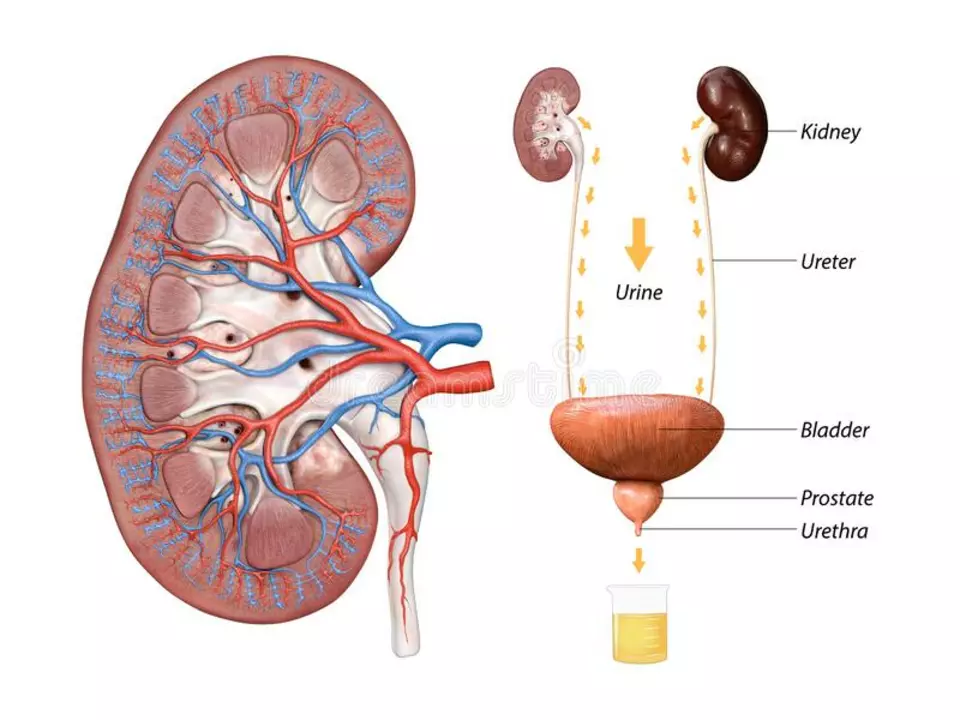Kidneys: What to watch, what to change, and what to ask your doctor
Your kidneys filter about 50 gallons of blood every day. That sounds like a lot because it is — and small mistakes with medicines, salt, or blood pressure can pile up over time. If you want kidneys that keep working, focus on the things you can control right now.
Medications that matter
Some common drugs raise kidney risk or need dose changes when kidneys are weak. Diuretics like furosemide (Lasix) help with fluid buildup, but there are safer or more suitable alternatives depending on your situation — know why you’re on one and what options exist. Blood pressure meds such as verapamil or ACE inhibitors affect kidney blood flow and should be monitored. Antibiotics like Bactrim can change creatinine or need adjustment. Even over-the-counter NSAIDs (ibuprofen, naproxen) can harm kidneys if used regularly.
Ask your prescriber: does this drug need a lower dose if my GFR drops? Do I need blood tests after starting it? If you shop for meds online, check the pharmacy’s license, secure payment methods, and user reviews before buying. Our guide on spotting legit pharmacies can help you avoid fake or unsafe suppliers.
Everyday steps that protect your kidneys
Control blood pressure and blood sugar — those two things do more to protect kidneys than any supplement. Cut back on salt (start by trimming processed foods), keep hydrated without overdoing it, and aim for steady weight and activity. If your ankles are swollen or you’re gaining weight fast, that could be fluid retention; talk to your doctor about whether a diuretic or a different treatment fits you better.
Watch your urine and energy levels. Dark urine, foamy urine, less urine than usual, or new swelling are reasons to call your clinician. Routine checks like a urine protein test and serum creatinine tell the real story — don’t skip them if you have diabetes, high blood pressure, or a family history of kidney disease.
When meds are needed, simple safety steps help: keep an up-to-date medication list, tell every provider about all pills and supplements you take, and ask how a drug affects the kidneys. If you need a drug that can stress kidneys, ask how often to test blood levels and kidney function.
Finally, use reliable sources when researching treatments. We have guides on Lasix alternatives, buying verapamil or simvastatin online, and safe online pharmacy checks. Read those before changing medicines or trying new suppliers — and always run plans by your healthcare team.
Small changes add up. Better blood pressure, smarter drug choices, and timely lab checks give your kidneys the best chance to keep working for years.
Understanding the role of the kidneys in bed-wetting
As a blogger who recently researched the topic of bed-wetting, I have gained a deeper understanding of the role kidneys play in this condition. It turns out that our kidneys are responsible for filtering waste from our blood and producing urine, which is then stored in the bladder. Bed-wetting, or nocturnal enuresis, can occur when the kidneys produce too much urine during sleep or when the bladder muscles are unable to hold the urine. Additionally, hormones that regulate urine production may be imbalanced, leading to excessive production at night. It's important to remember that bed-wetting is a common issue, especially among children, and understanding the role of the kidneys can help us find effective solutions.
Read More
